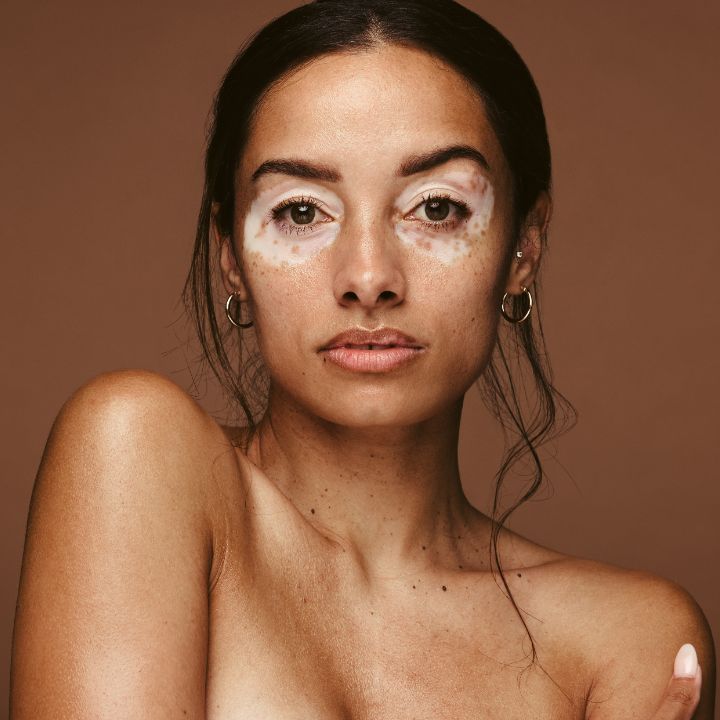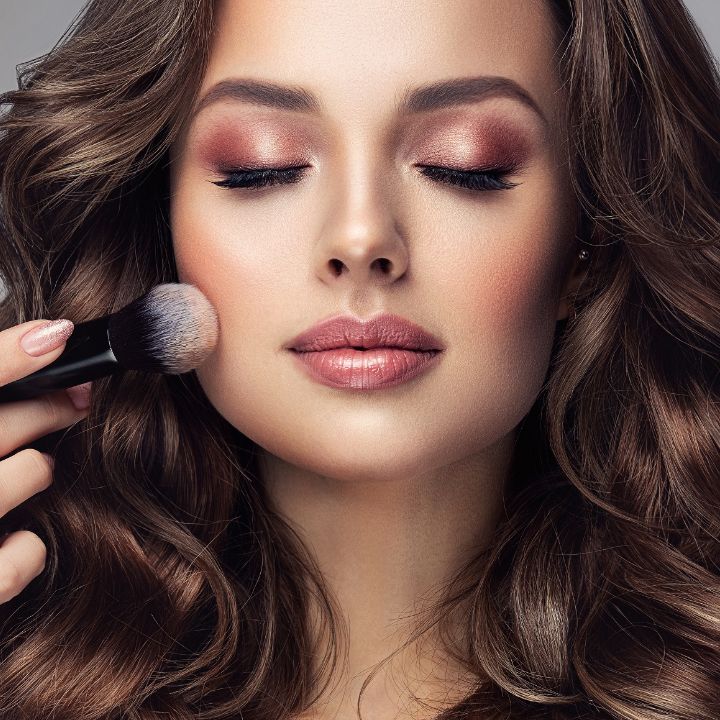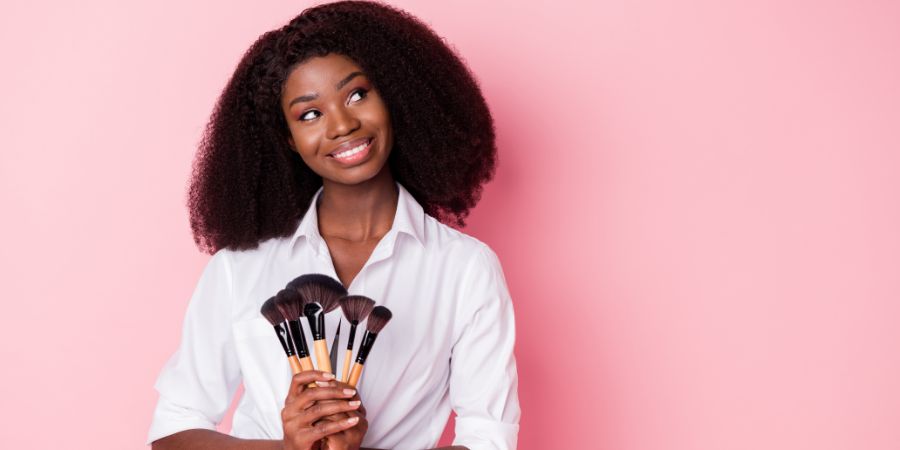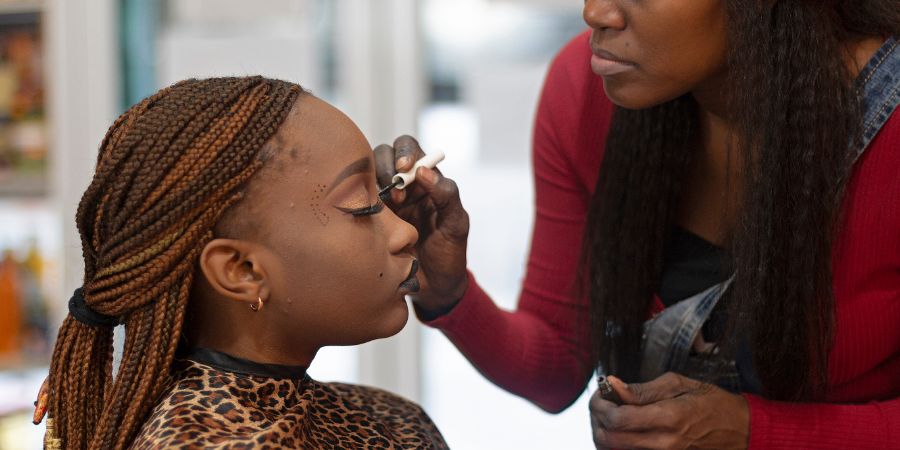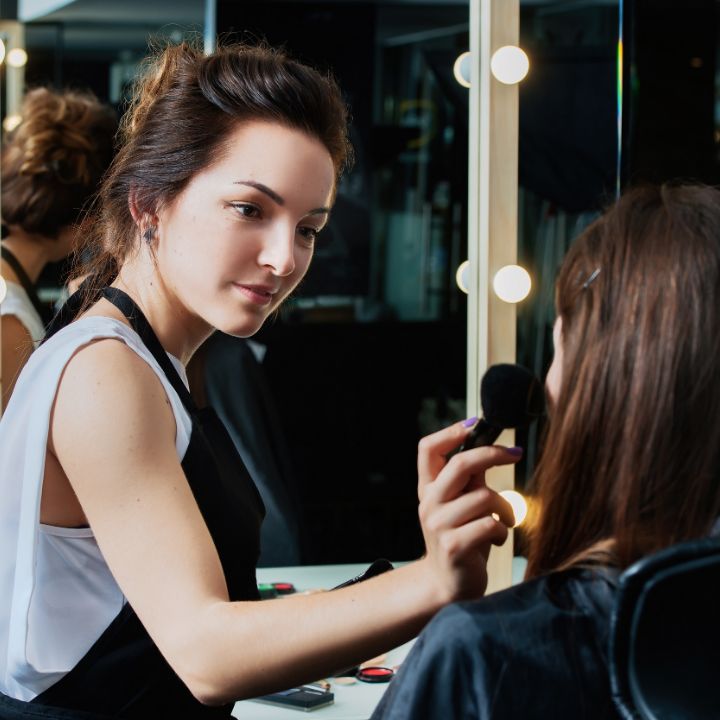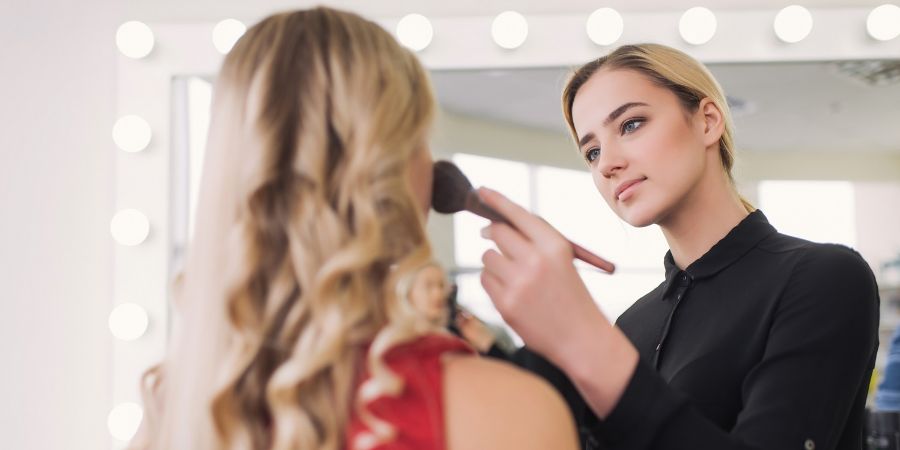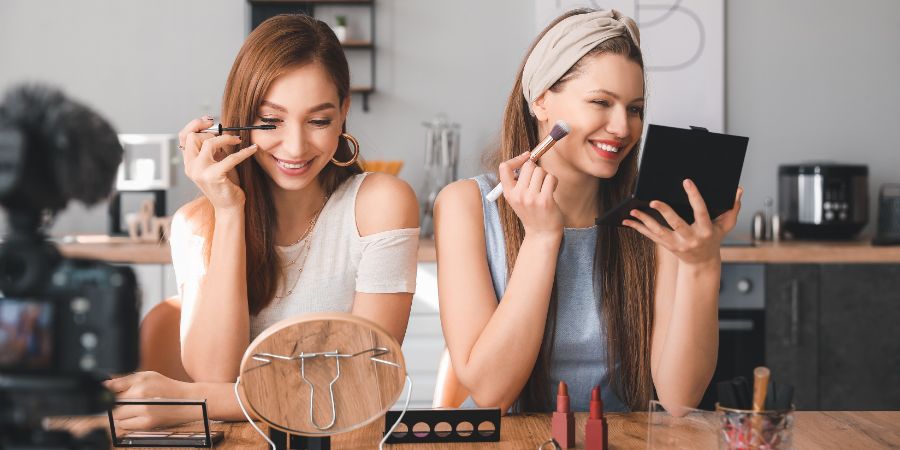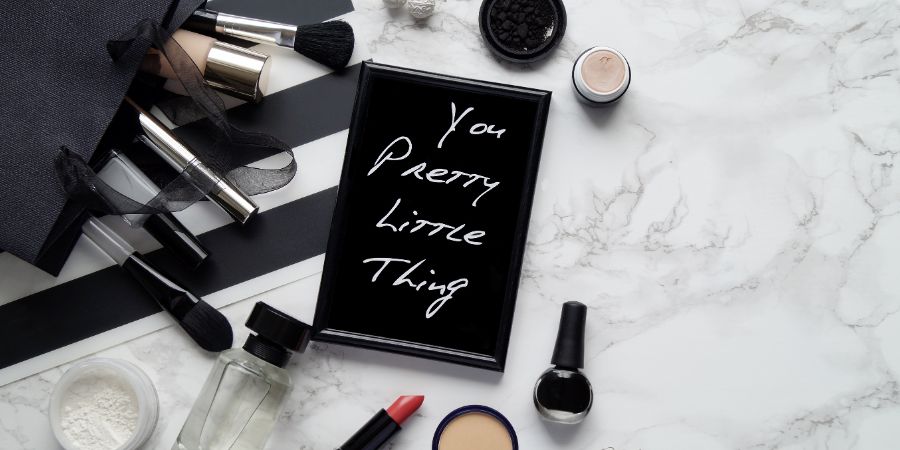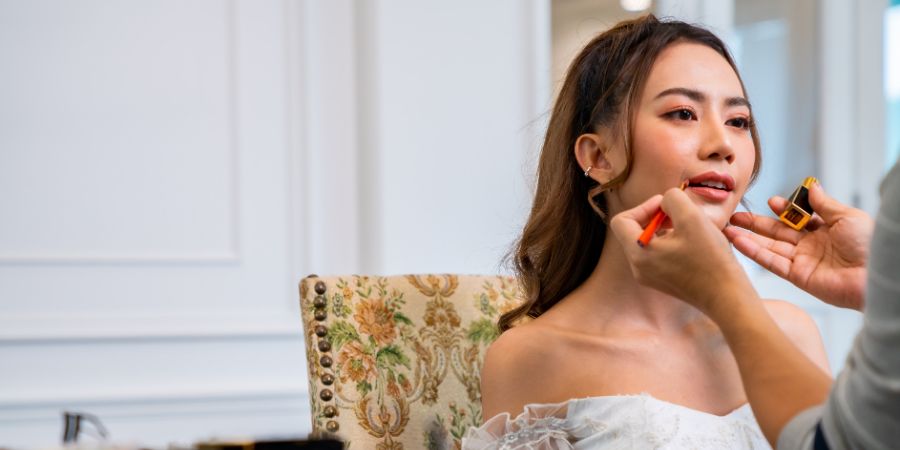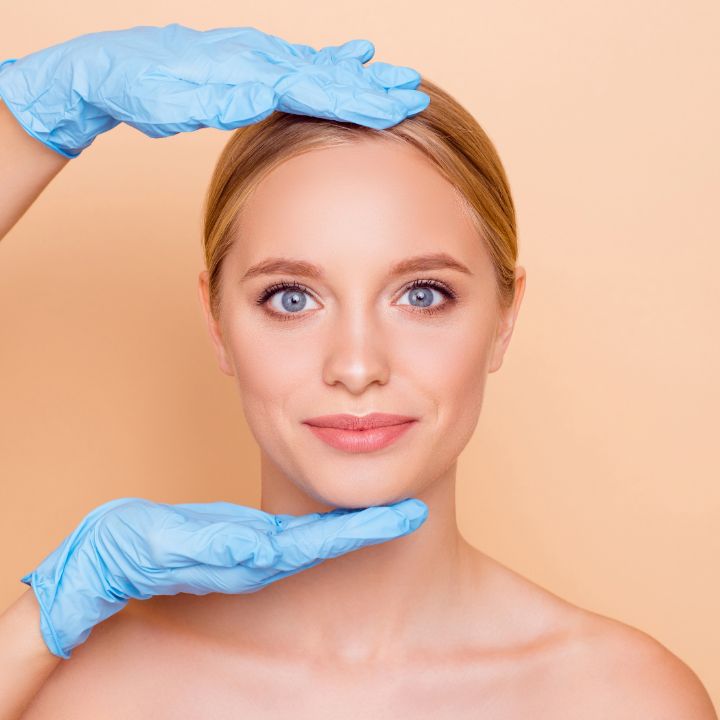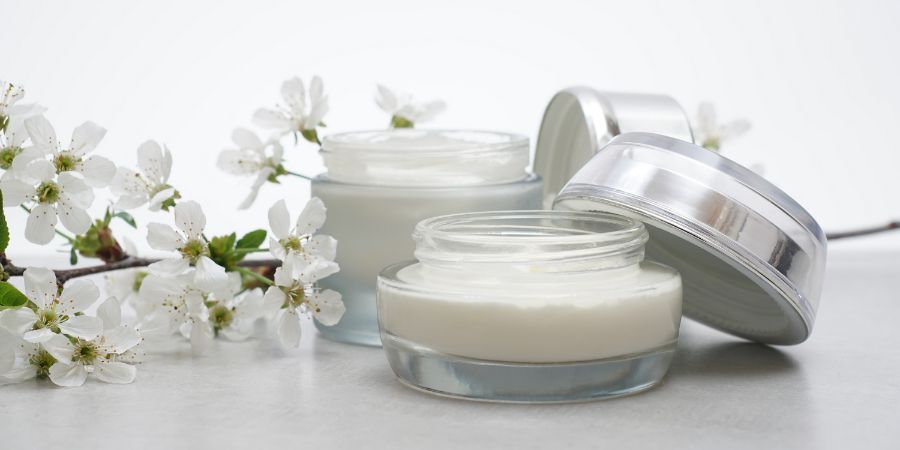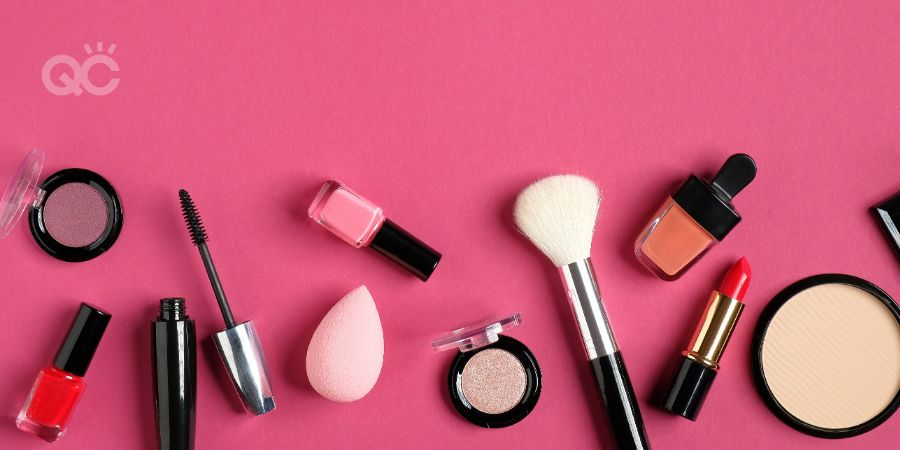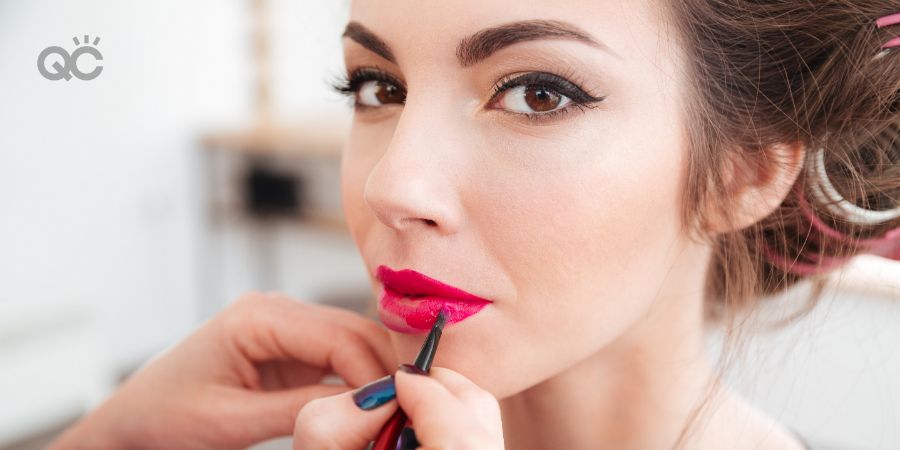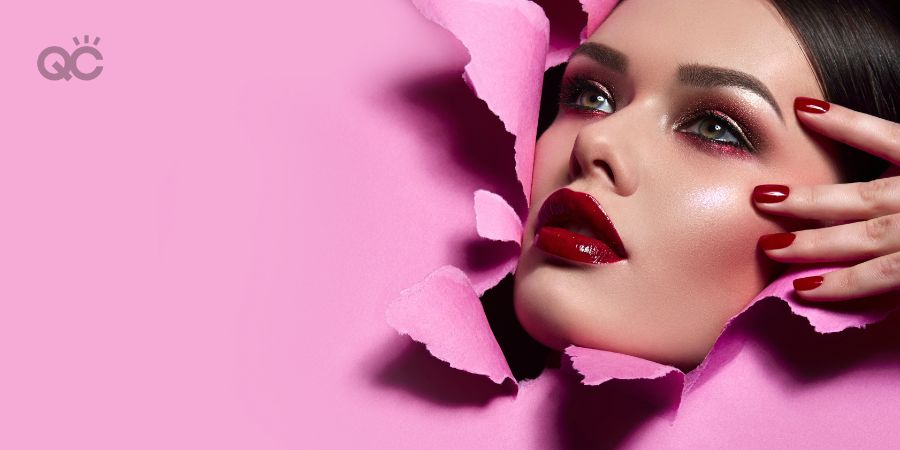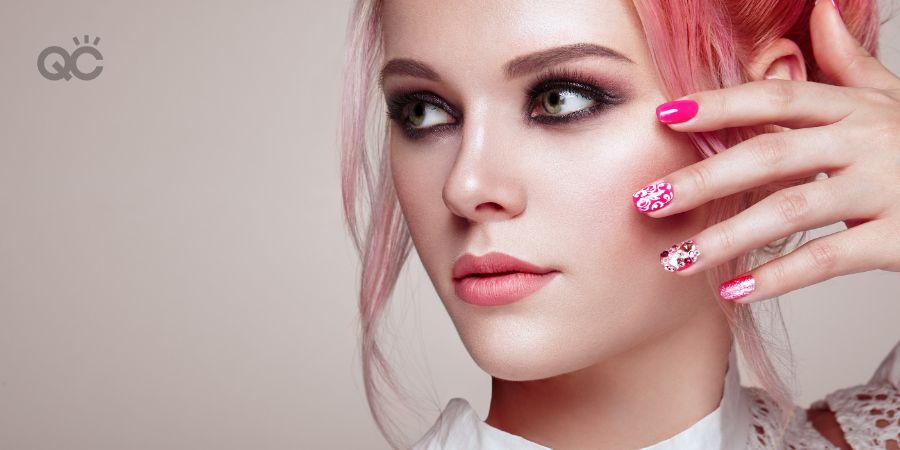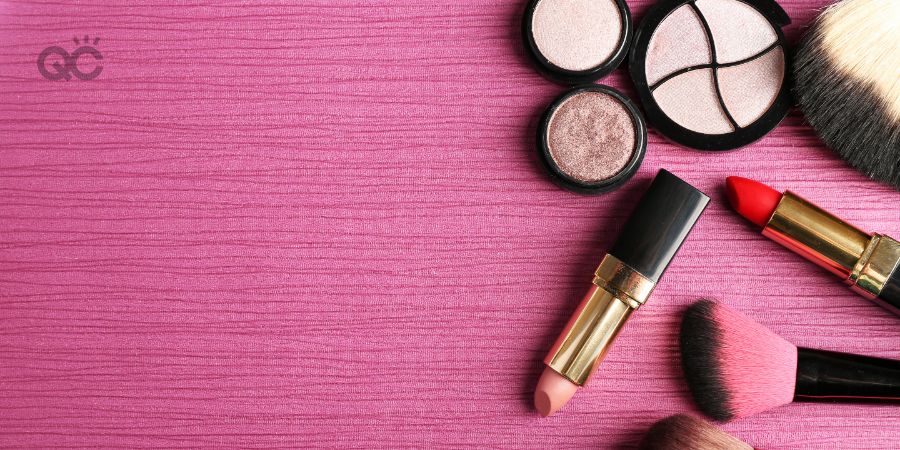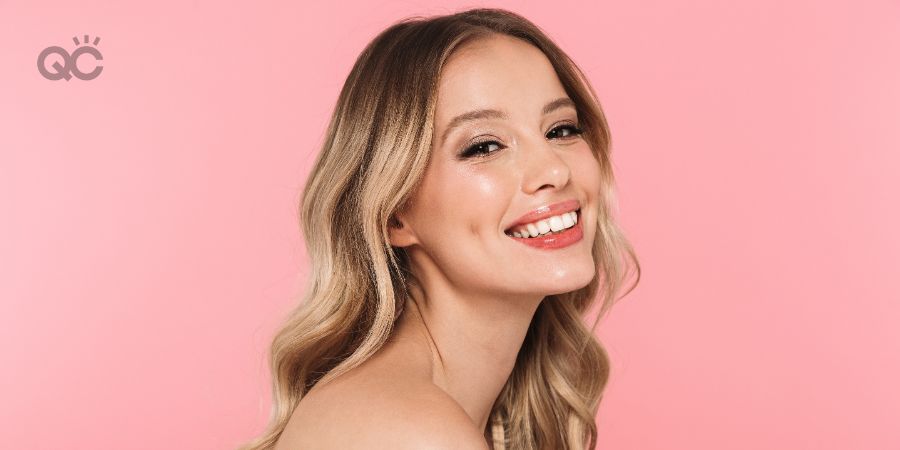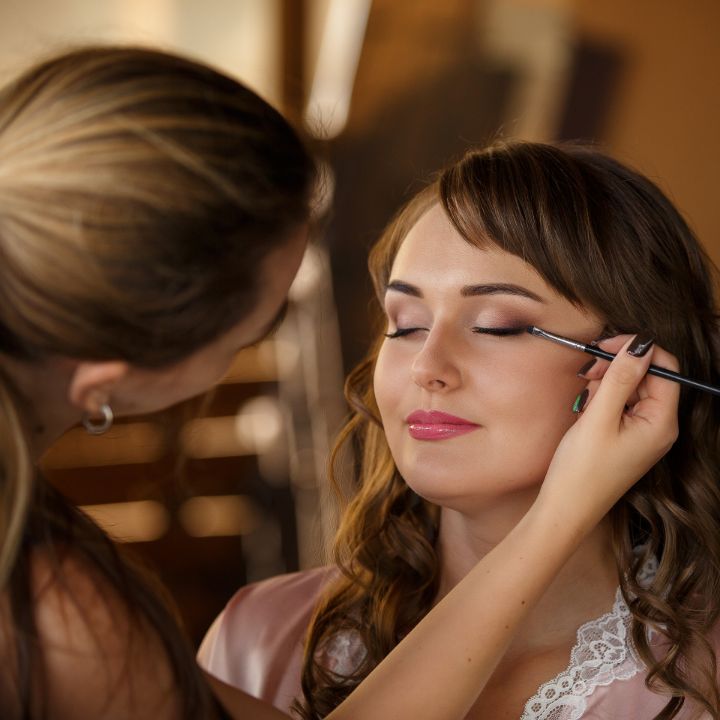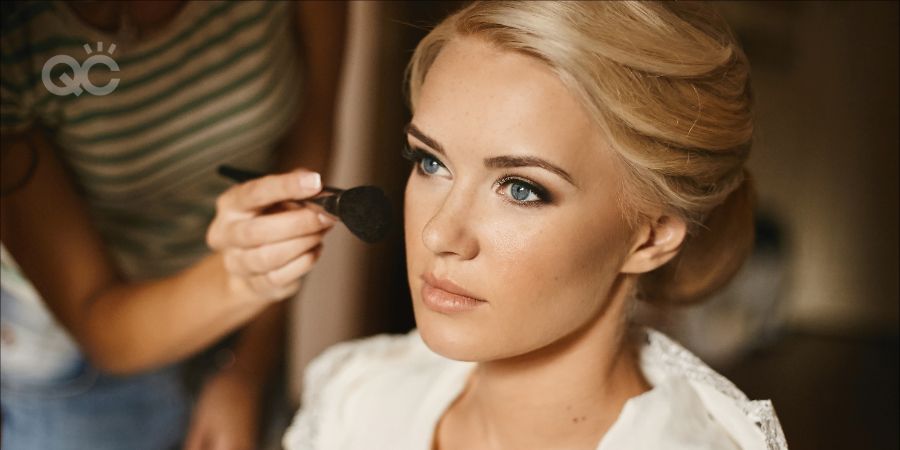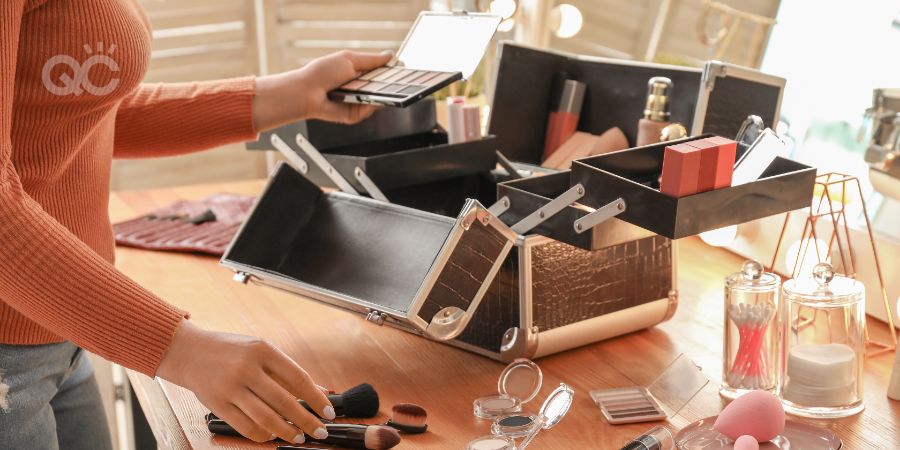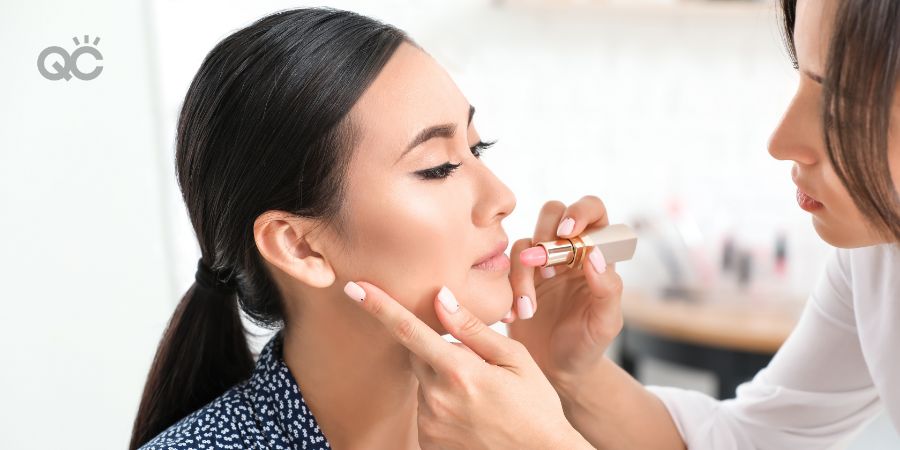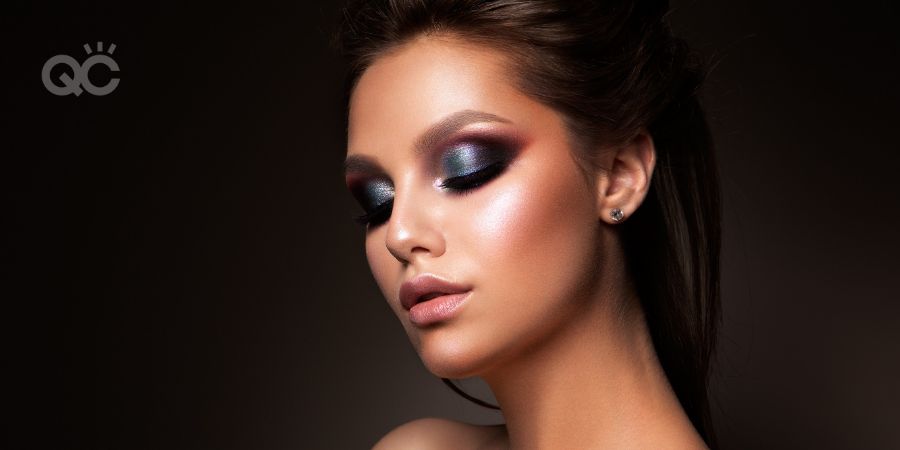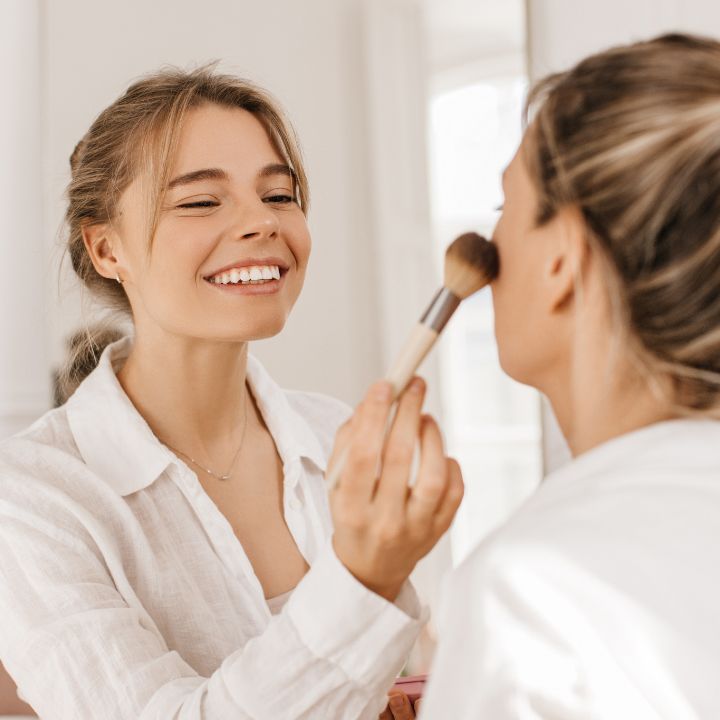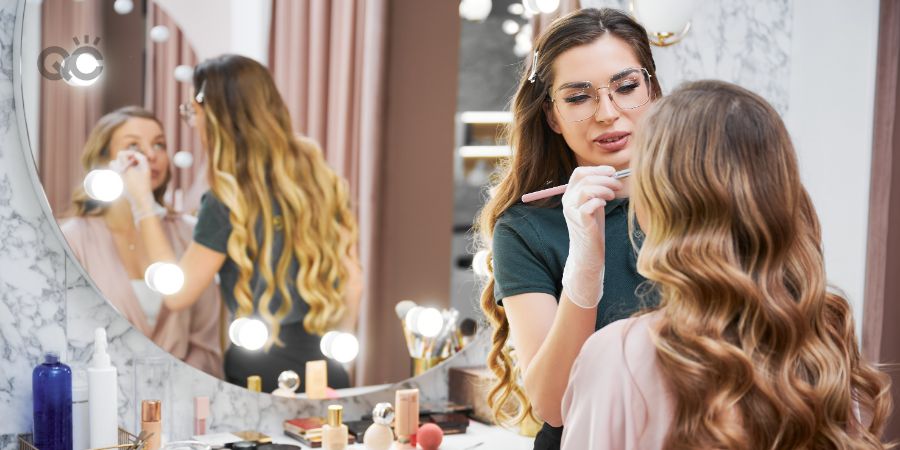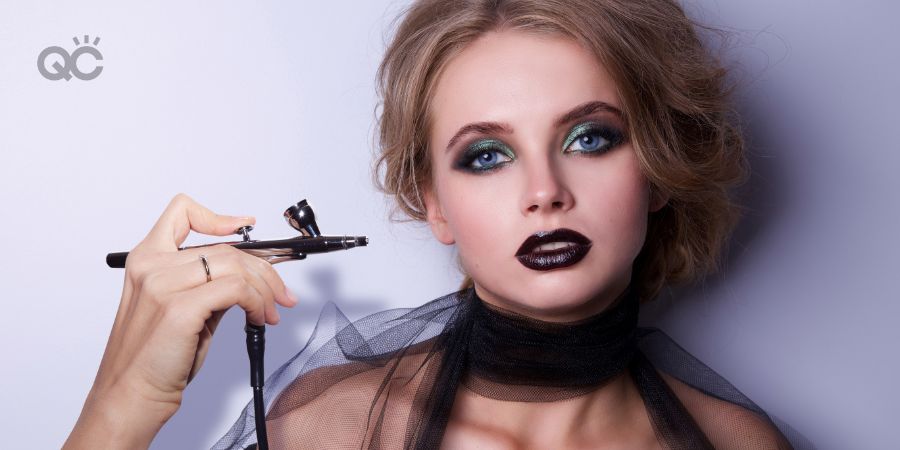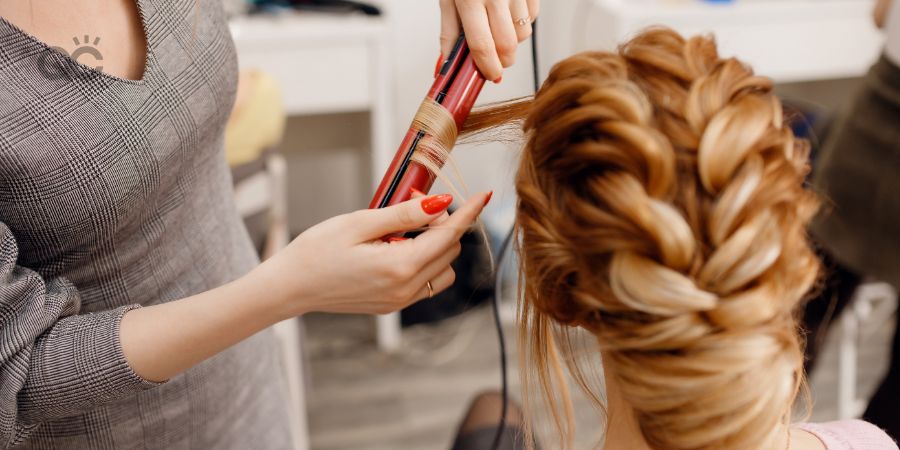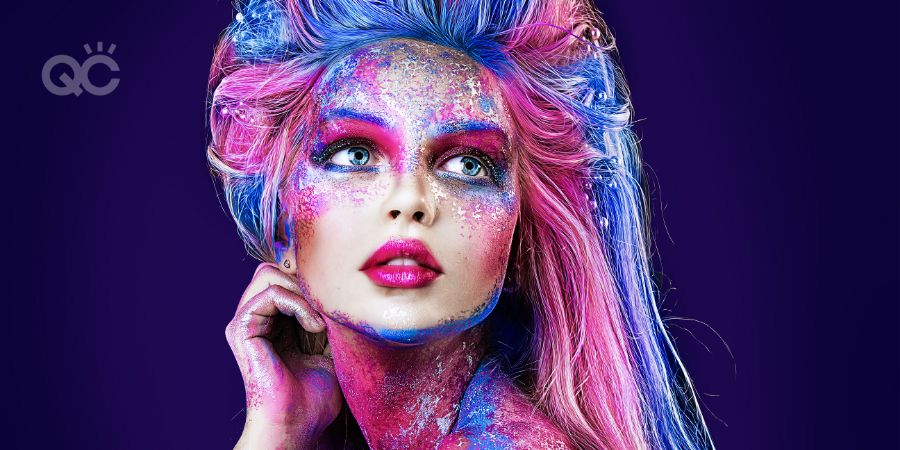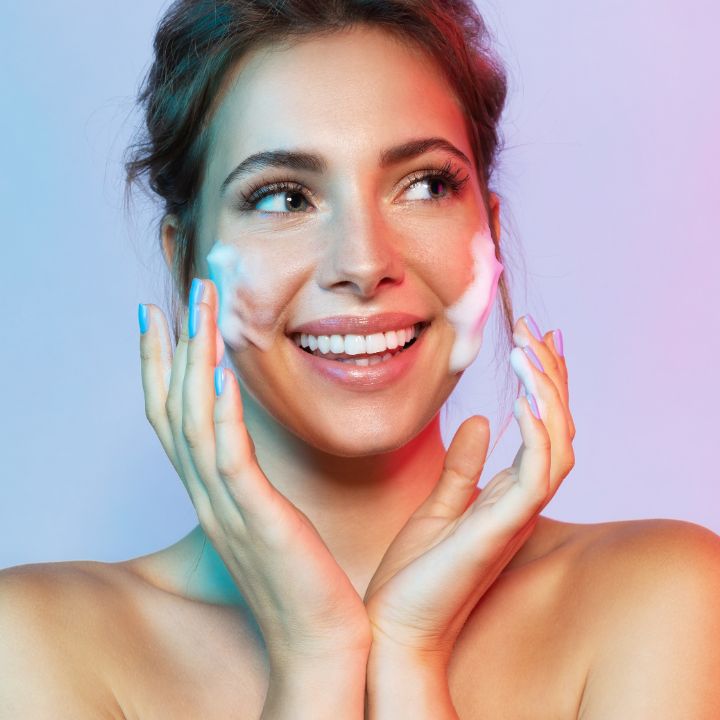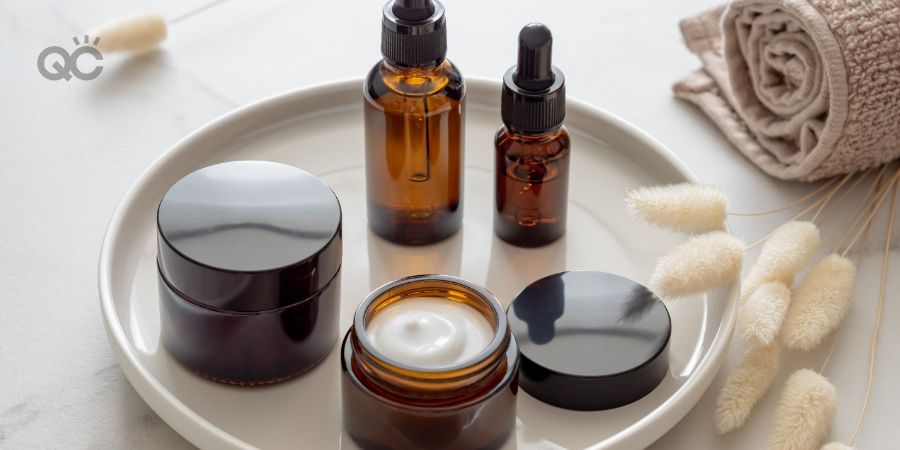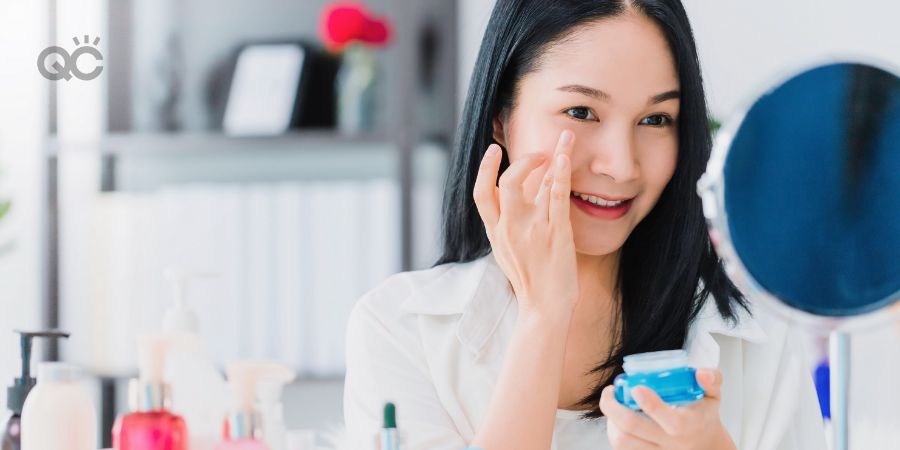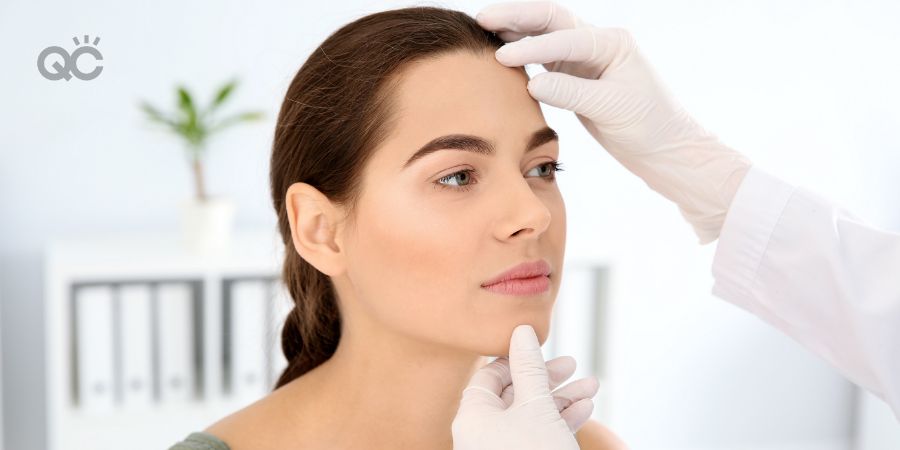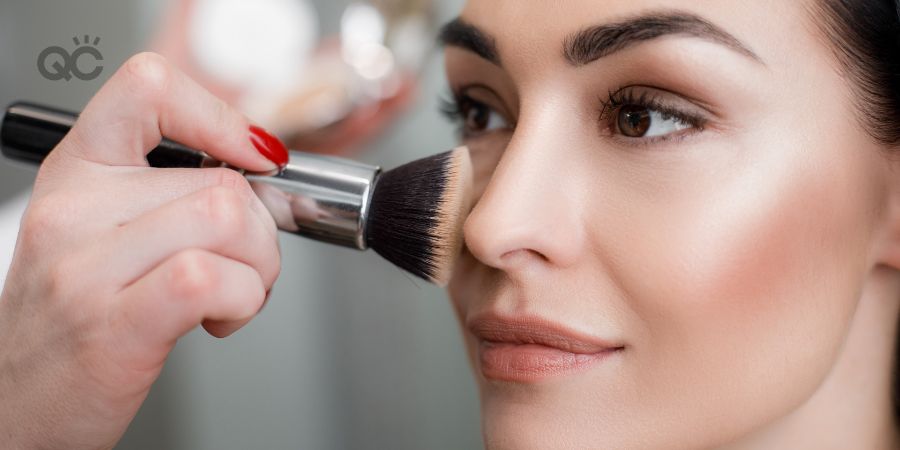
Hey, makeup artists! Are you looking to start the new year off on the right foot? If so, then you’ll want to break some bad habits that’ve been holding you back professionally. Luckily, we’ve put together a list of 15 bad business habits to leave in 2022.
So, let’s take a look together and see what they are!
What are Some Bad Business Habits?
Before we reveal our list of 15 bad business habits to leave in 2022, let’s first take a more general look at what constitutes a “bad” business habit…
Essentially, any habit that prevents you from growing your business or achieving your goals is a bad one. This could mean:
- Overspending on unnecessary items;
- Not taking time to network and build relationships;
- Or even procrastinating important tasks like bookkeeping.
In any case, these habits get in the way of success and should be left behind as soon as possible!
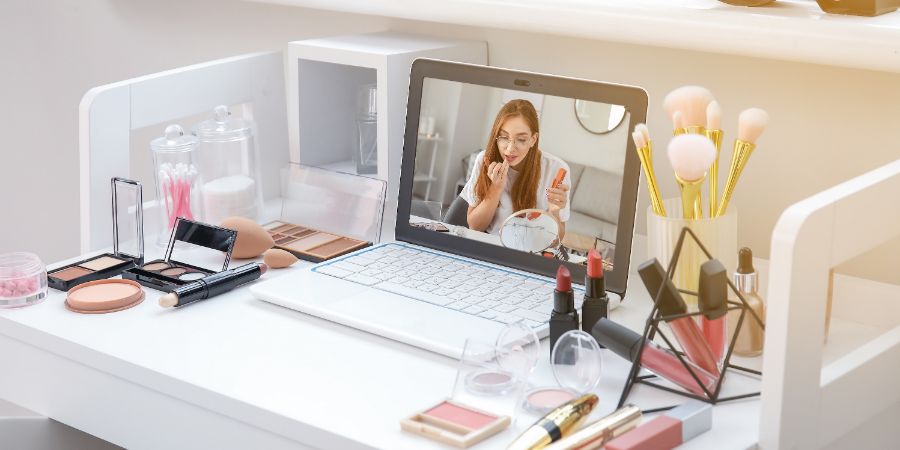
15 Bad Business Habits to Leave in 2022 as a Professional MUA
In a nutshell, these are the 15 bad business habits that you should leave behind in 2022 as a professional makeup artist:
- Not keeping up with the latest trends;
- Not staying organized and timely;
- Relying solely on word-of-mouth marketing;
- Not setting goals and objectives;
- Not taking advantage of online resources and tools;
- Poor communication with clients and other MUAs;
- Not diversifying your makeup portfolio;
- Spending too much time on social media;
- Being overly competitive against other MUAs;
- Not delegating tasks to free up time for important work;
- Ignoring customer feedback, not listening to what they want, and being unreceptive to constructive criticism;
- Failing to take risks;
- Not asking for help when you need it;
- Letting negative thoughts derail your goals;
- Not investing in yourself and your business.
Let’s take a closer look at each one, shall we?
While we’re on the topic of bad habits to break, here are 5 bad makeup habits (not business-related) that ALL MUAs need to stop doing ASAP!
Bad Habit #1: Not keeping up with the latest trends.
The beauty industry is always changing and evolving. So, it’s important to stay up-to-date with the latest trends! In turn, this will help you create looks that are fresh and on-trend for your clients.
Consequently, if you choose not to keep up with the latest trends, your makeup looks can quickly become outdated.
FUN FACT: Here are 15 makeup trends that EVERY professional MUA needs to know!
What Things Should You Do in the New Year to Break this Habit?
In the New Year, make sure to allocate time each month (or even week) to research the latest trends.
Also, try reading beauty magazines for inspiration or industry-related books. Another excellent idea is to enroll in a makeup course (such as the self-paced, online programs offered at QC Makeup Academy) to learn the latest techniques – and add a reputable certification to your resume at the same time.
Finally, attending makeup workshops or conferences can also be a great way to stay informed on the latest looks and techniques!
Bad Habit #2: Not staying organized and timely.
When it comes to running a successful business, organization and timeliness are key. That is, if you don’t have a solid plan for how to run your business efficiently, then chaos can quickly ensue. For example, not responding to inquiries in a timely manner, not having a proper filing system for paperwork, or forgetting about important appointments are all mistakes that will cost you clients AND profits.
Furthermore, being organized and timely also extends to each and every makeup application, too. Meaning, you’ll need to be prepared in advance (having all the necessary tools on-hand), ensure your clients don’t have to wait too long for their service, and hone your makeup skills so that the application process is fast and efficient – without losing quality!
What Things Should You Do in the New Year to Break this Habit?
To break this habit in the New Year, start by creating detailed plans ahead of time. For example, prepare a list of all the supplies you’ll need for each client ahead of time, and try to arrive at least 10 minutes earlier than your appointment time.
Additionally, create a filing system to store all of your paperwork in one place. This way, it’s easy to find when needed. Moreover, make sure to set reminders on your phone or calendar app for any upcoming appointments.
Finally, invest in good quality makeup brushes and other tools that will make the application process smoother and faster. You can (and should) also work on improving your application time by challenging yourself to time trials in the New Year. If you’ve never heard of time trials, this is basically a process where you time yourself while doing a makeup look, and then try to beat your time in every time trial afterwards.
As a result, you can compare and measure your progress over time. And of course, the ultimate goal here is to be able to shorten the amount of time it takes for you to do makeup looks, without sacrificing any of its quality.
Bad Habit #3: Relying solely on word-of-mouth marketing.
Yes, word-of-mouth marketing can be a powerful tool for any MUA… However, it’s important to diversify your marketing methods! After all, relying solely on word-of-mouth will only get you so far – and it won’t help you reach clients outside of your current network.
Consequently, investing in other types of digital or traditional marketing (such as social media or print advertising) will help you reach a much larger pool of potential clients.
What Things Should You Do in the New Year to Break this Habit?
To break this habit in the New Year, start by creating an online presence for your business. This can include setting up a website, social media accounts, and even a blog. The more places potential customers can find you, the better!
Additionally, make sure to create quality content for your social media accounts. Think behind-the-scenes videos/photos of you doing makeup looks, helpful tips and tricks videos for beginners, or even reviews from happy clients. Doing so will not only help people get to know you better, but it can also act as free advertising for your business.
On top of that, consider investing in paid advertising campaigns on social media, as well as other methods to improve your SEO (search engine optimization). For this, just remember to set a budget before launching any ads and keep track of its progress over time. Also, don’t forget about traditional marketing methods such as print or radio ads! They can still be effective in reaching potential clients.
Finally, don’t forget to ask your satisfied customers for referrals. After all, word-of-mouth marketing is still a great way to attract new people to your business. And while it shouldn’t be your ONLY marketing strategy, it should still be ONE of them!
PRO TIP: Here are 15 of the BEST ways to successfully market your professional makeup business!
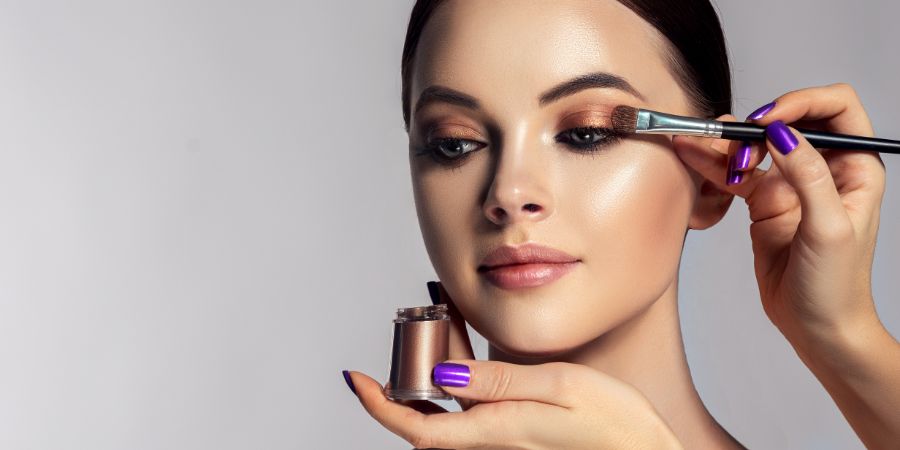
Bad Habit #4: Not setting goals and objectives for your business.
It can be easy to get caught up in the day-to-day operations of your business and forget about taking time to set goals. But without them, it’s hard to measure success and growth. And as a result, it can be difficult to know what areas you should invest more time and energy in.
What Things Should You Do in the New Year to Break this Habit?
To break this bad habit and leave it behind in 2022, start by setting both short-term and long-term goals for your business.
Short-term goals are usually things that you’d like to accomplish within a year, such as increasing your client base or launching a new product. Meanwhile, long-term goals are those that you’d like to achieve over the next 5 years or more, such as opening your own brick-and-mortar makeup store.
Once you have your goals in place, create action steps for each of them so that you know how to get there. From there, make sure to create a timeline for each action step so that you can measure and track your progress throughout the year.
Finally, don’t forget that all of your business goals should be SMART goals. Meaning, goals that are:
- Specific
- Measurable
- Achievable
- Relevant
- And Time-Based.
Doing so will ensure that your goals are clear and achievable – which is essential for business success!
Bad Habit #5: Not taking advantage of online resources and tools.
With everything going digital these days, it can be easy to miss out on useful online resources and tools. For instance, there are countless programs out there that can help with invoicing, client management, marketing, and even social media scheduling.
By failing to maximize these resources to your benefit, you could be missing out on a LOT of opportunities for growth, marketing success, and more.
What Things Should You Do in the New Year to Break this Habit?
To break this habit in 2022, start by doing some research on the various online tools and resources that are available to you. From there, create a list of those that could potentially help your business – whether it’s an invoicing program or website hosting service.
Once you have this list in place, take the time to read reviews and do your own testing if necessary. Then, decide which online tools and resources you’d like to invest in for your makeup business.
Finally, make sure to set up a timeline for when you’d like to use these tools. Doing so will help ensure that you have the budget for them, that you’re making the most of them throughout the year, and that you’re getting the best possible results for your business!
Bad Habit #6: Poor communication with clients and other MUAs.
Poor communication can be a MAJOR issue for makeup artists. Whether it’s not responding to client inquiries in a timely manner or failing to follow through on commitments, bad communication can quickly lead to unhappy customers and lost business.
What Things Should You Do in the New Year to Break this Habit?
To make sure you’re communicating effectively with your clients and other MUAs in 2022, start by setting clear expectations from the very beginning. Make sure that you’re upfront about your scheduling and availability so that clients know what to expect when they book an appointment with you.
Also, make sure to set up a reliable system for responding to messages and inquiries – whether it’s via email or through a messaging app. Doing so will ensure that no messages slip through the cracks and that you’re always responding in a timely manner.
Finally, make sure to follow through on your commitments – no matter how big or small they may be. This could mean anything from turning up on time for an appointment to sending out invoices promptly after a job is completed. By following through, you’ll be able to build trust with your clients and other MUAs – which is essential for long-term success.
Bad Habit #7: Not diversifying your makeup portfolio.
It’s easy to get into a creative rut when you’re doing the same kind of makeup looks for every client. But if you want to stand out from the competition and attract new clients, it’s essential that you diversify your portfolio!
After all, if your makeup portfolio isn’t diverse enough, it could lead to:
- Clients not wanting to book you because they’re not impressed with your range
- You getting bored with the same types of makeup looks
- More difficultly promoting yourself and your services, etc.
What Things Should You Do in the New Year to Break this Habit?
So, how can you leave this bad business habit in 2022 and make sure you have a diverse makeup portfolio in the New Year (and beyond)?
Start by setting aside some time each month to practice different styles of makeup – whether it’s bridal, glamor, special effects makeup, or something completely unique. Also, make sure to take high-quality pictures of your work and upload them to your portfolio on a regular basis. This will help potential clients get an idea of your range and could potentially lead to more bookings.
Finally, consider taking a makeup course or attending a makeup workshop so that you can refine your skills and learn new techniques. Furthermore, you can enroll in a course that’s specifically about building a solid makeup portfolio – such as QC Makeup Academy’s self-paced, online Portfolio Development Workshop!
Doing so will help ensure that you have all the tools you need to create unique and stunning makeup looks for every client!
PRO TIP: Never put together a professional makeup portfolio before? These 10 steps will walk you through the process from start to finish!
Bad Habit #8: Spending too much time on social media.
Spending too much time on social media can be a huge productivity killer. After all, if you’re not careful, it’s easy to get sucked into an endless cycle of scrolling and liking – which can lead to lost hours (and dollars) in the long run.
What’s more, if you’re not using social media strategically, it can also be a huge waste of time for you and your makeup business!
What Things Should You Do in the New Year to Break this Habit?
To make sure you’re using social media efficiently in 2023 and beyond, start by setting aside a specific amount of time each day to dedicate to your business’s presence on the various platforms. Make sure to stick to this allotted time and use it strategically. As in, think about what content you should be posting and how often.
Also, consider investing in tools and software that can help you further streamline and optimize your social media management. This could include anything from scheduling apps to analytics tools that give you insights into your performance, etc.
Finally, make sure to take regular breaks from social media! Too much time on the platforms can not only be bad for productivity but also for your mental health. So, be mindful of how much time you’re spending scrolling, and strive to find a healthy balance.

Bad Habit #9: Being overly competitive against other MUAs.
Although it’s natural to be competitive in business, being overly competitive against other MUAs can really hurt your own success – and the makeup community as a whole.
Why?
Because it can lead to a negative environment and create unnecessary drama. Plus, it’s important to remember that everyone is at different stages in their career. Making comparisons won’t do you any good.
So, instead of competing with one another, you should focus on collaborating and supporting each other!
What Things Should You Do in the New Year to Break this Habit?
To break this bad business habit in 2022, start by taking the time to reach out to other MUAs and build relationships. You never know when someone may have a job opportunity that they need extra help with!
Also, don’t be afraid to ask for advice – especially if you’re just starting out in your career. Chances are, fellow MUAs will be more than happy to help you out. Finally, try to focus on your own business rather than worrying about what other MUAs are doing.
That way, you can strive for success without letting negative feelings of comparison get in the way!
PRO TIP: Learn more about why other professional makeup artists are your FRIENDS – not enemies!
Bad Habit #10: Not delegating tasks to free up time for more important work.
If you’re not delegating tasks, it can be really easy to become overworked and overwhelmed. After all, there’s only so many hours in the day – and if you’re trying to do everything yourself, your progress is likely to suffer. Not to mention, you’ll probably wind up burning yourself out… and forgetting why you love makeup in the first place!
What Things Should You Do in the New Year to Break this Habit?
To successfully break this habit, start by figuring out which tasks you should be delegating – and who you should delegate them to! Then, make sure to set up clear expectations and deadlines for each task that’s being delegated.
Also, set aside a specific amount of time each week for planning and strategizing. That way, you’ll have enough time to think about the tasks that need to get done – and how best to delegate them.
Finally, don’t be afraid to take things off your plate if they’re not essential! Learning when it’s okay to say no will help you to create more space for yourself and focus on the tasks that you actually enjoy doing.
Now, what if your makeup business is a one-person-operation and you don’t have anyone to delegate things to? In this case, you should look into outsourcing! Hiring freelancers or independent contractors can be a great way to help free up your time and delegate certain tasks.
Lastly, make sure to outsource the right tasks for you – such as administrative work or marketing – so that you can focus on the creative side of things. That way, you can still be productive without getting overwhelmed.
Bad Habit #11: Ignoring customer feedback, not listening to what they want, and being unreceptive to constructive criticism.
As a makeup artist, it’s essential to make sure that you’re listening to your customers and taking their feedback into consideration. After all, they’re the ones who are going to be using your services. So, it only makes sense to take their opinion into account.
Furthermore, the beauty industry is one where being able to take constructive criticism is VITAL for your success. If you’re not able to accept and learn from it, then you’ll never be able to grow and improve as an artist. Not to mention, you’ll likely gain a poor reputation for being unprofessional.
What Things Should You Do in the New Year to Break this Habit?
To break this bad business habit, start by creating a feedback system that allows customers to share their thoughts and opinions. Then, make sure to take the time to actually listen and respond to what they have to say. Even if it’s not necessarily something you agree with or want to hear, try your best to remain open-minded and be receptive.
Finally, be sure to thank customers for their feedback – even if it’s negative – and show that you’re taking it seriously. This will help to build trust and ensure they know their opinion matters.
PRO TIP: Check out this helpful article to learn the difference between constructive criticism vs. insults – as well as tips for receiving and giving constructive feedback!
Bad Habit #12: Failing to take risks.
When it comes to makeup artistry, being able to take risks and experiment can be incredibly helpful for your career. After all, stepping outside of your comfort zone can help you to grow and develop new skills that will set you apart from the competition. However, if you’re not taking any bold steps or trying something new – then chances are your work will remain stagnant and you’ll miss out on opportunities.
What Things Should You Do in the New Year to Break this Habit?
To break this bad habit, start by committing to taking at least one risk every month. This could be anything from trying out a new technique to taking on a daring project. Just make sure it’s something that pushes you out of your comfort zone!
Additionally, make an effort to stay up-to-date on the latest trends and news in the makeup industry. That way, you’ll be more informed about what types of risks might pay off. Finally, remember that taking risks doesn’t guarantee success – but it does give you a better chance of achieving something amazing.
So, stay positive and keep pushing yourself!
Bad Habit #13: Not asking for help when you need it.
One common downfall of an entrepreneur is the misconception that you need to be able to do it all – from marketing to accounting and everything in-between. However, it’s important to remember that you don’t have to be superhuman – and it’s totally okay to ask for help!
What Things Should You Do in the New Year to Break this Habit?
To kick this bad habit, start by reaching out to your network and letting people know that you’re looking for assistance. You’d be surprised how many people are willing to lend a helping hand! Additionally, think about hiring an assistant or virtual assistant to help with tasks like scheduling and customer service. That way, you can focus on the creative side of your business without getting overwhelmed.
Finally, don’t forget to take advantage of all the amazing online resources available, such as tutorials and online courses. In turn, you’ll be able to develop the skills you need – without needing anyone else’s help!
Are you currently a QC Makeup Academy student? Our Student Support Team is always available to help with any questions or concerns you have! Simply contact them by phone, email, and/or live chat!

Bad Habit #14: Letting negative thoughts derail your goals.
As an artist, it’s normal to experience a bit of self-doubt now and then. However, letting negative thoughts go unchecked can quickly lead to a spiral of despair that derails your progress and make it difficult to move forward.
What Things Should You Do in the New Year to Break this Habit?
The first step is being aware of your thoughts and the words you use when talking about yourself. Whenever you catch yourself in a negative thought cycle, take a step back and reframe it into something more positive and empowering.
Remind yourself of all the things you’ve accomplished so far, as well as any successes that have come from taking risks or stepping outside your comfort zone. Finally, don’t be afraid to ask for help from friends and mentors. Having a support system can make it much easier to stay focused on your goals and keep the negative thoughts at bay.
By breaking this bad habit in the New Year, you’ll be able to focus more of your energy on what’s important – creating amazing makeup looks!
Bad Habit #15: Not investing in yourself and your business.
Finally, our last bad business habit to leave in 2022 is not investing in yourself and your business. Whether it’s not taking the time to attend workshops and seminars or neglecting to upgrade your equipment, failing to invest in yourself can quickly lead to burnout and stagnation.
What Things Should You Do in the New Year to Break this Habit?
In the New Year, start by setting aside a budget (no matter how small) for investing in yourself and your business.
Put aside money for workshops, online courses, or even a new piece of equipment to help you uplevel your artistry. Additionally, consider volunteering or interning with other makeup artists. Not only will you learn valuable skills, but you’ll also be able to expand your network!
Finally, don’t forget to take care of yourself. Invest in self-care activities like getting a massage, going for a walk, or even just taking some time to relax and recharge.
By breaking this bad habit in the New Year, you’ll be able to stay motivated and work towards creating amazing looks with confidence!
Frequently Asked Questions
Before we wrap things up, let’s take a look at some frequently asked questions related to breaking bad business habits in the New Year.
Q: What 3 habits of an entrepreneur can most negatively impact entrepreneurial growth?
A: Three of the biggest habits that can most negatively impact entrepreneurial growth include:
- Procrastination;
- Spending too much time on unproductive tasks;
- And not investing in yourself and your business.
Q: What are the top 5 bad habits that will negatively affect your makeup career?
A: The top 5 bad habits that can negatively affect your makeup career include:
- Not setting clear and achievable goals;
- Failing to market yourself and promote your work;
- Staying stuck in the same style instead of trying new things;
- Letting negative thoughts derail you;
- And not investing in yourself and your business.
Q: How can you identify “bad” career habits?
A: To identify “bad” career habits, it’s important to take a step back and look at your current workflow. Ask yourself if any of the following applies to you:
- Do you procrastinate or lack motivation?
- Are you stuck in your comfort zone instead of taking risks?
- Do you struggle with time management or setting clear goals?
- Are you neglecting to invest in yourself and your work?
If the answer is yes to any of these questions, it’s likely that you have developed some bad career habits. Fortunately, by identifying them and taking steps to break them in the New Year, you can reignite your passion for makeup artistry!
Q: How can you track your progress so that you know if you’re actually improving your bad career habits?
A: One of the best ways to track your progress is to keep a journal and write down your thoughts, feelings, and successes. Additionally, you can create a vision board or set measurable goals for yourself that you can work toward each week.
Moreover, there are also ways that you can gather stats and data to measure your progress. For instance, you can track the number of followers you have on social media or analyze how many bookings you’re getting each month. By tracking these metrics, you can easily see where your bad business habits are hindering your success and adjust accordingly!
PRO TIP: Here are 12 business metrics that EVERY business owner should know and keep track of, courtesy of Scoro!
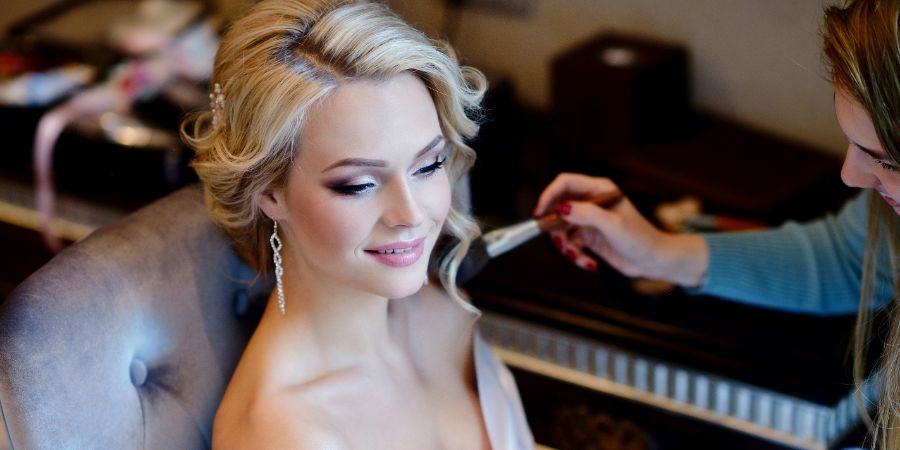
So, What Would YOU Improve in 2023 and Beyond?
Now that you know how to break your bad habits, the only thing left is for you to start taking action! Set yourself up for success by investing in yourself and your business, expanding your network, and taking time for self-care. With these tips in mind, you’ll be able to create amazing artwork and reach new heights of success in no time.
Good luck and Happy New Year, beauties!
